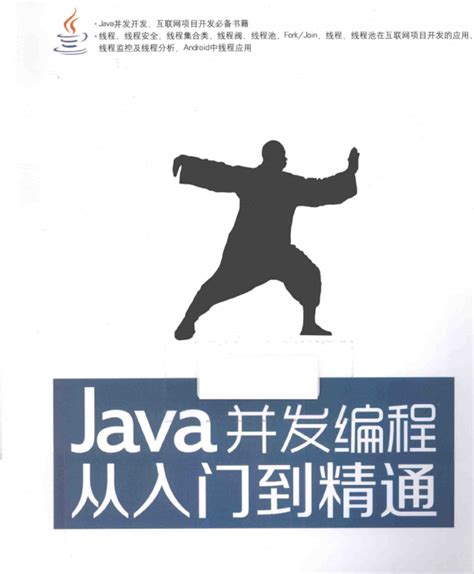jdk并发编程同步器
Title: Understanding Concurrent Programming with JOVE
Concurrent programming is a crucial aspect of modern software development, enabling applications to handle multiple tasks simultaneously and efficiently utilize system resources. In this exploration, we delve into the fundamentals of concurrent programming with a focus on JOVE, a Java library designed to simplify concurrent programming tasks. Let's navigate through the core concepts, benefits, and best practices of concurrent programming using JOVE.
Introduction to Concurrent Programming
Concurrent programming involves the execution of multiple tasks concurrently, allowing programs to perform efficiently in multicore systems and distributed environments. Traditional sequential programming models execute instructions one after the other, which may not fully exploit system resources.
Concurrent programming introduces parallelism, where tasks are broken down into smaller units that can execute independently. This approach enhances responsiveness, scalability, and resource utilization of applications.

What is JOVE?
JOVE, standing for Java Operator Verification Environment, is a Java library that facilitates concurrent programming by providing abstractions and utilities for managing concurrent tasks, synchronization, and communication between threads. Developed with a focus on simplicity and safety, JOVE simplifies the complexities associated with concurrent programming in Java.
Core Concepts of JOVE
1.
Operators
: Operators in JOVE represent concurrent tasks or computations. They encapsulate the logic to be executed concurrently.2.
Channels
: Channels serve as communication pathways between operators. They enable the exchange of data and synchronization between concurrent tasks.3.
Schedulers
: Schedulers manage the execution of operators by scheduling them for execution on available threads or resources. They ensure efficient utilization of system resources.4.
State Management
: JOVE provides mechanisms for managing the state of concurrent computations, ensuring consistency and correctness in multithreaded environments.Benefits of JOVE
1.
Simplicity
: JOVE simplifies concurrent programming by providing intuitive abstractions and utilities, reducing the complexity of managing threads and synchronization.2.
Safety
: JOVE promotes safe concurrent programming practices, helping developers avoid common pitfalls such as race conditions, deadlocks, and thread starvation.3.
Scalability
: By leveraging concurrent execution, JOVE enables applications to scale efficiently across multicore systems, improving performance and responsiveness.4.
Modularity
: JOVE facilitates modular design by encapsulating concurrent tasks as independent operators, promoting code reuse and maintainability.Best Practices for Concurrent Programming with JOVE
1.
Use Immutable Data
: Immutable data structures help prevent data inconsistencies and simplify concurrency management in JOVE programs.2.
Minimize Shared State
: Reduce the reliance on shared mutable state to minimize the risk of race conditions and synchronization overhead.3.
Design for Asynchrony
: Leverage asynchronous operators and nonblocking I/O to maximize throughput and responsiveness in JOVE applications.4.
Error Handling
: Implement robust error handling mechanisms to gracefully handle exceptions and failures in concurrent computations.Conclusion
Concurrent programming with JOVE empowers developers to build highperformance, scalable applications that effectively utilize system resources. By understanding the core concepts, benefits, and best practices of concurrent programming, developers can leverage JOVE to simplify complex concurrent tasks and unlock the full potential of concurrent execution in Java applications.
This brief overview provides a starting point for exploring concurrent programming with JOVE, encouraging developers to delve deeper into the intricacies of concurrent design and optimization in modern software development.
Additional Resources
[JOVE Documentation](https://example.com/jove/docs)
[Java Concurrency in Practice](https://www.example.com/javaconcurrencyinpractice) by Brian Goetz et al.
[Concurrency in Practice](https://www.example.com/concurrencyinpractice) by Tim Peierls et al.
Remember, mastering concurrent programming requires practice, experimentation, and a solid understanding of concurrent design principles. Embrace the challenges, experiment with different concurrency patterns, and leverage the power of JOVE to build robust and efficient concurrent applications.











